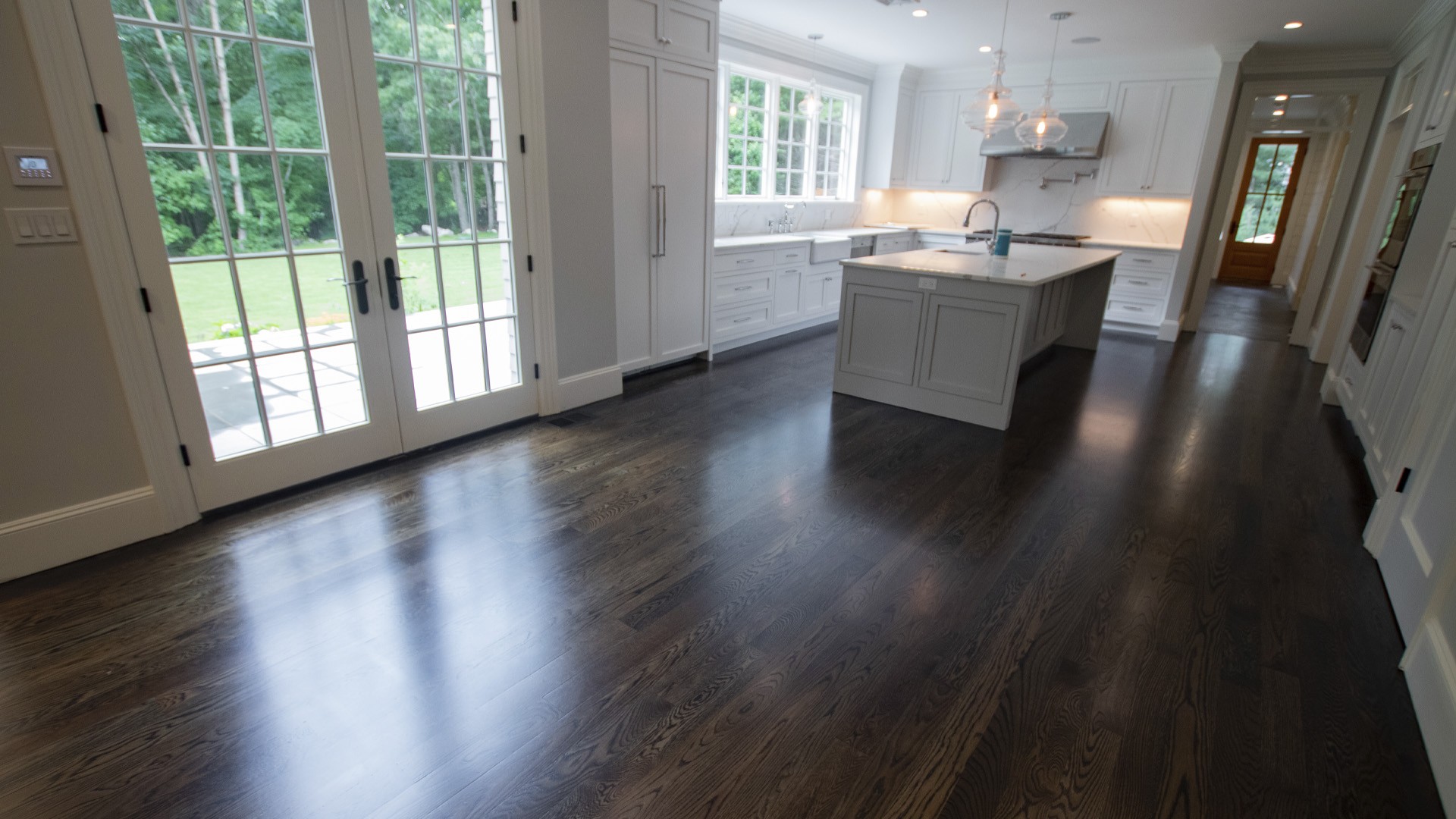As a responsible citizen and a homeowner, we understand that the choices we make have an impact on our environment. One such choice is the type of flooring we use in our homes. Hardwood flooring is a popular choice in Boston due to its durability and aesthetic appeal. However, have you ever considered the environmental impact of hardwood flooring? In this article, we will provide a comprehensive review of the environmental impact of hardwood flooring in Boston and the measures that can be taken to minimize this impact.
- Deforestation and Forest Management
Hardwood flooring is made from trees that are grown in forests, and therefore, its production has a direct impact on the environment. Deforestation is a major concern as it not only reduces the number of trees in a given area but also destroys the habitats of many species of animals. However, responsible forest management can mitigate these effects. The Forest Stewardship Council (FSC) is an international organization that ensures responsible forest management. Choosing hardwood flooring certified by the FSC ensures that the trees are grown and harvested sustainably, without harming the environment.
- Carbon Footprint
The production and transportation of hardwood flooring also have a significant impact on the environment. The carbon footprint of hardwood flooring can be reduced by using locally sourced materials and reducing transportation. Choosing hardwood flooring produced in the US, or even better, locally in Boston, reduces the distance the flooring needs to be transported and, therefore, reduces the carbon footprint.
- Indoor Air Quality
Indoor air quality is a crucial consideration in any flooring choice. Some types of hardwood flooring may release volatile organic compounds (VOCs) that can affect indoor air quality. It is crucial to choose hardwood flooring with low VOC emissions to ensure good indoor air quality.
- Longevity and Maintenance
Hardwood flooring is durable and can last for decades with proper maintenance. It is a sustainable choice as it does not need to be replaced frequently, reducing the environmental impact of disposal and production of new flooring. Additionally, choosing hardwood flooring that requires less maintenance, such as prefinished hardwood flooring, reduces the environmental impact of cleaning and maintenance products.
- Alternative Sustainable Flooring Options
For those who are concerned about the environmental impact of hardwood flooring, there are alternative sustainable flooring options available. These options include bamboo, cork, and engineered hardwood flooring. Bamboo is a fast-growing grass that is highly sustainable, and its flooring is highly durable. Cork is also highly sustainable and offers a unique aesthetic appeal. Engineered hardwood flooring is made from recycled wood and offers similar durability and aesthetic appeal as solid hardwood flooring.
In conclusion, the environmental impact of hardwood flooring in Boston can be mitigated by choosing responsibly sourced, FSC-certified hardwood flooring, reducing transportation and carbon footprint, selecting low VOC-emitting hardwood flooring, and choosing durable and low-maintenance options. Alternative sustainable flooring options such as bamboo, cork, and engineered hardwood flooring also offer highly sustainable and durable choices.
We hope that this comprehensive review has provided you with valuable insights into the environmental impact of hardwood flooring in Boston. As responsible citizens and homeowners, it is our responsibility to make environmentally conscious choices to reduce our impact on the environment.



